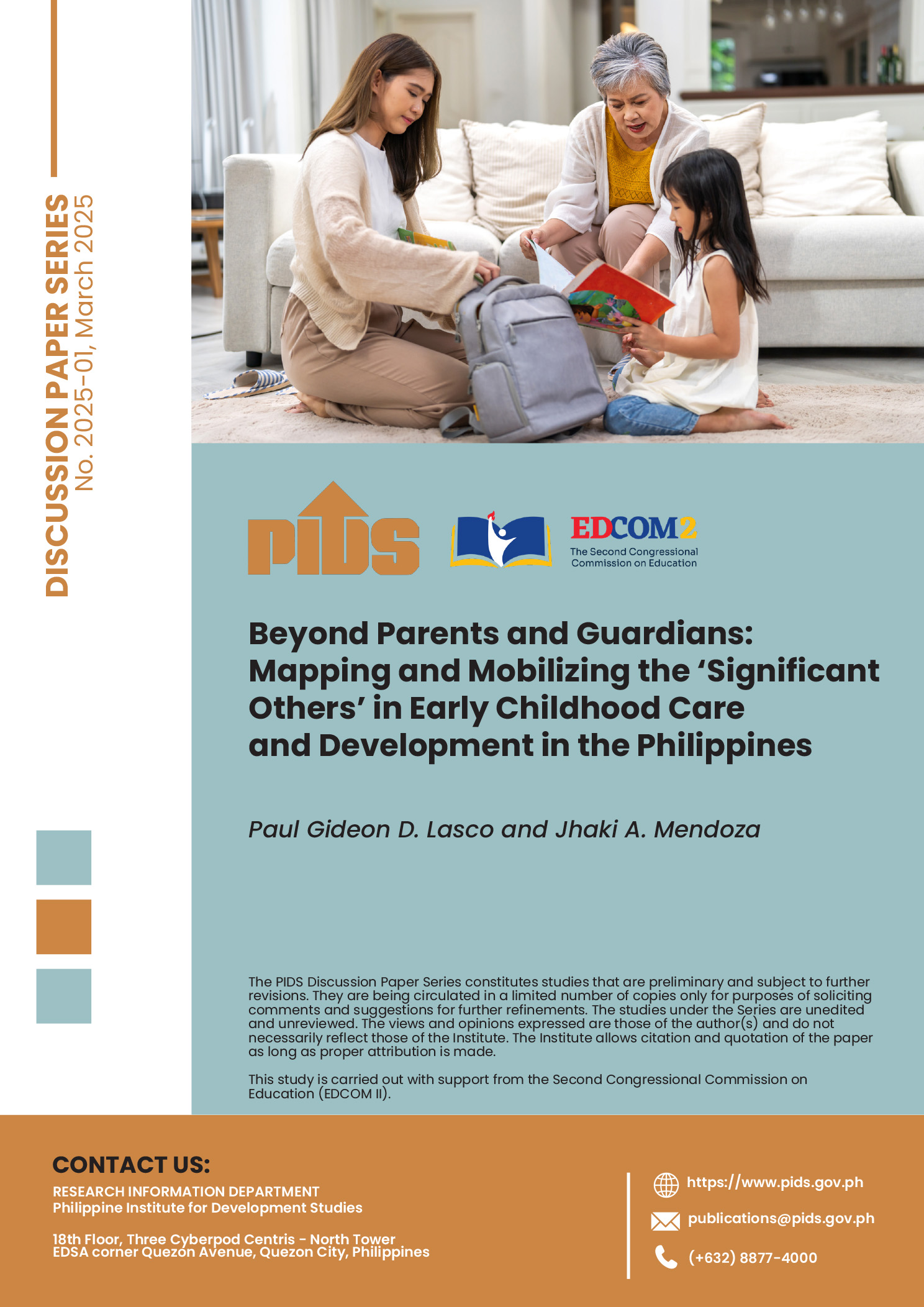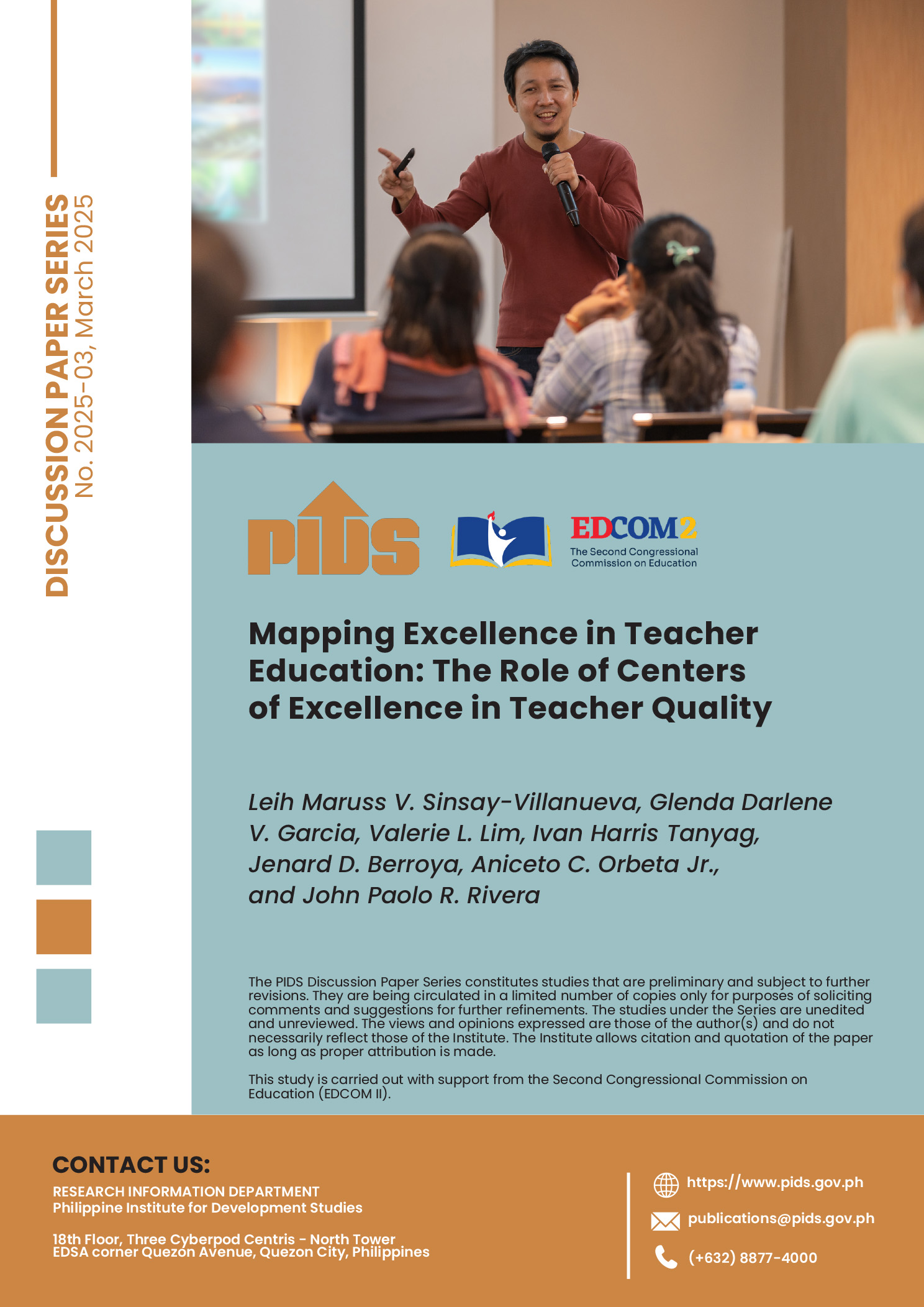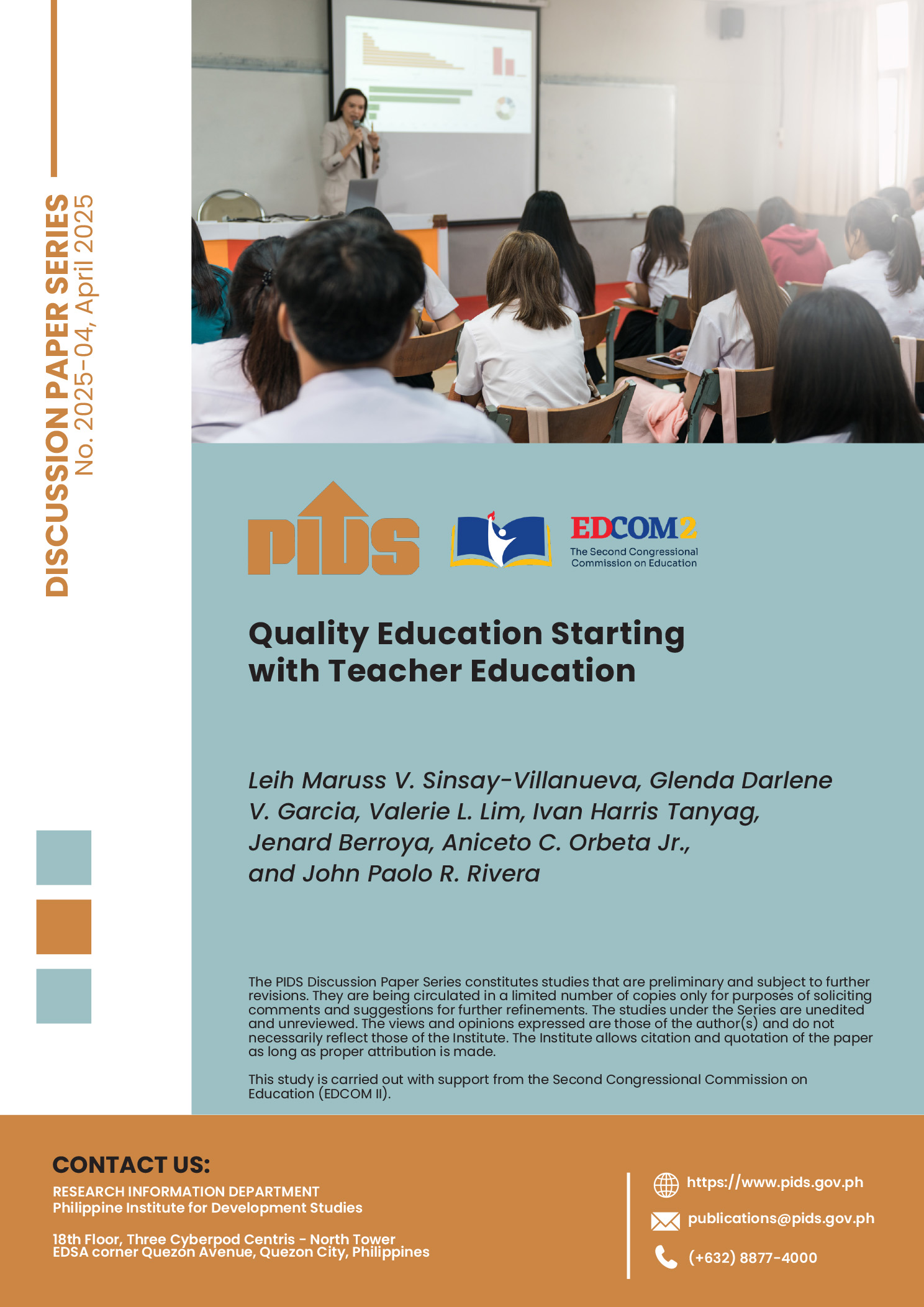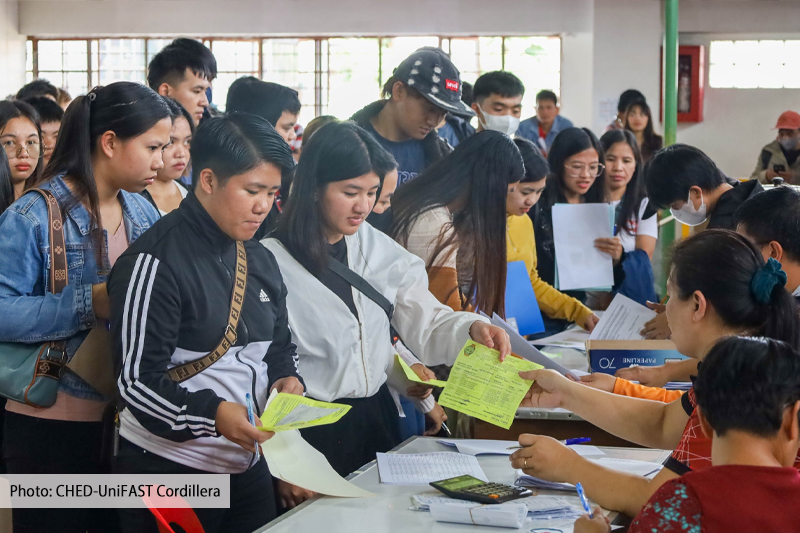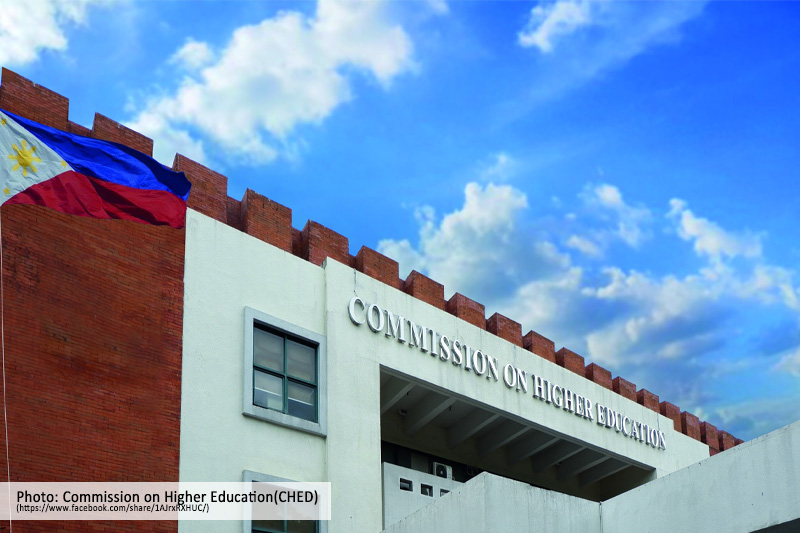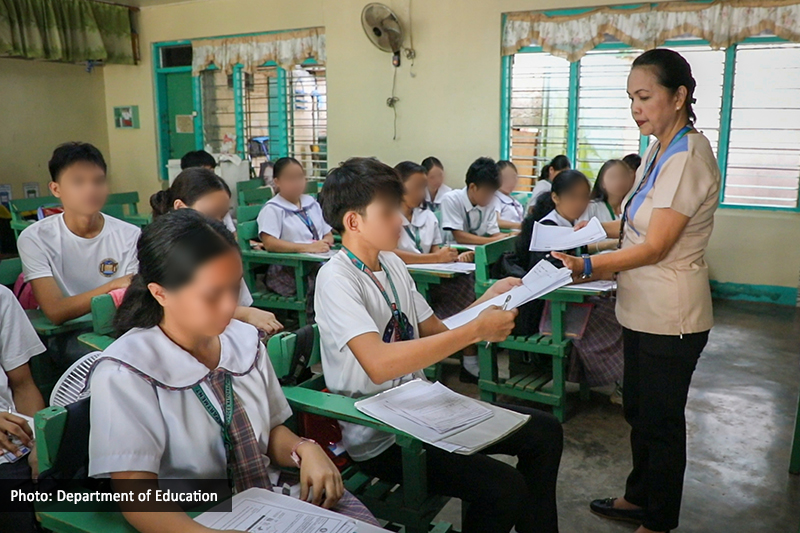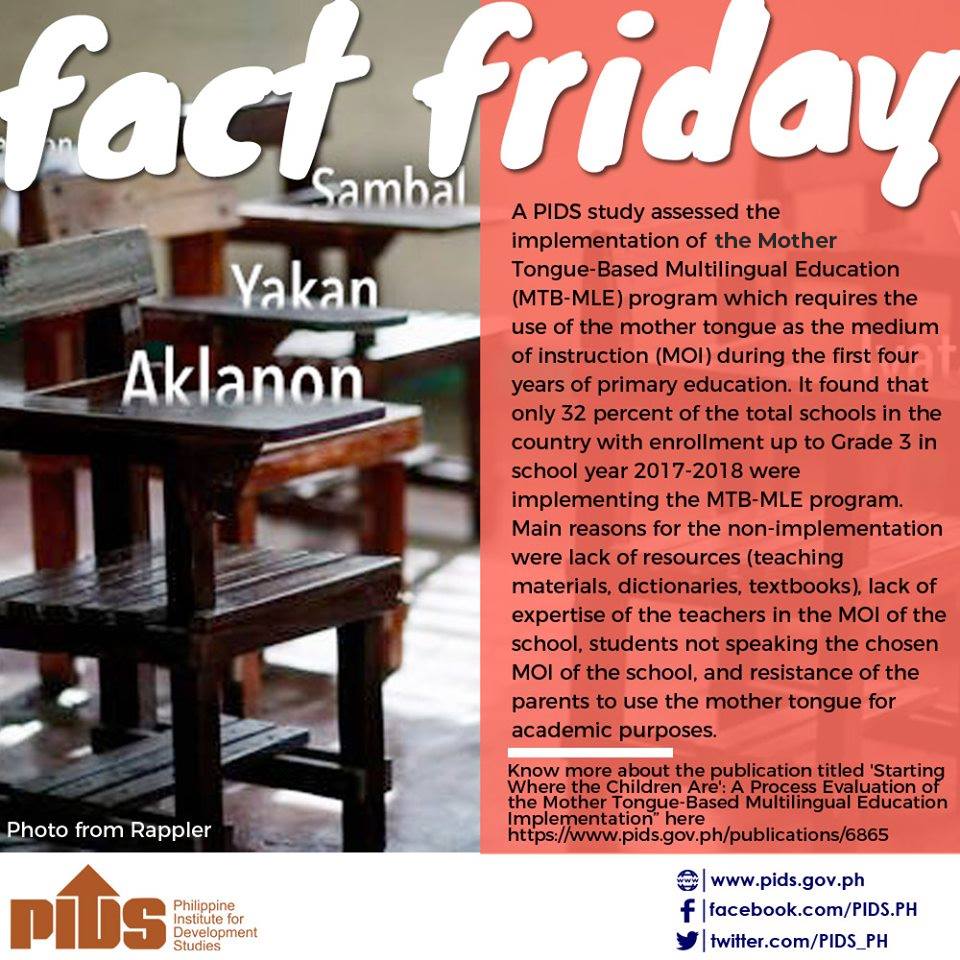MANILA, Philippines — A Filipino advocacy group said the Department of Education’s removal of the mother tongue subject in the revised K-10 curriculum could erase gains in teaching students in their first language after schools already integrated the class in the K-12 program.
Calling the move a “recipe for disaster,” Tanggol Wika on Friday also criticized the department’s decision to give teachers flexibility in the medium of instruction for Grade 1 as administrators and parents may compel them to just adopt English as the medium of instruction.
DepEd plans to roll out the new “decongested” curriculum in select schools starting school year 2024 to 2025 as part of its agenda to reduce learning losses and ease the burden of students and teachers.
The agency has long considered scrapping the Mother Tongue-Based Multilingual Education (MTB-MLE) from the K-10 curriculum as some schools struggle to implement it when students have different mother tongues in a region.
Mother tongue subject removed
DepEd removed mother tongue as a separate subject in the new curriculum to make way for Kinder to Grade 3 students to focus on foundational skills such as oracy and numeracy.
The department, however, kept the use of mother tongue as a medium of instruction in grades 1 to 3, after which teachers will use English as the medium of instruction for all subjects except Filipino and Araling Panlipunan.
Tanggol Wika said that ongoing efforts made to improve the MTB-MLE will be wasted. They added that without the MTB-MLE, teachers will not have proper guidelines to follow in choosing the appropriate mother tongue for their classes.
“We have had some progress in MTB-MLE, despite the government’s failure to provide sufficient training for teachers and high-quality instructional materials. Abolishing MTB-MLE now will reverse the progress made,” the advocacy group added.
Filipino subject introduced later
The removal of the mother tongue subject is not the only major revision made in the new curriculum.
DepEd has also set the Filipino subject to be introduced in Grade 2 rather than Grade 1.
Tanggol Wika said this will bring difficulties in the transition to a Filipino medium of instruction for other subjects.
In the new curriculum, students will be taught Language and Reading and Literacy subjects in Grade 1 before these are replaced with English and Filipino starting Grade 2.
Problems faced in MTB-MLE
State think tank Philippine Institute for Development Studies revealed in a 2019 study that procurement and funding issues of learning materials were one of the problems that made the MTB-MLE implementation faulty.
The study added that linguistic diversity, where students know more than one mother tongue, became a problem in the implementation.
According to the DepEd Cordillera Administrative Region (CAR), students who spoke English and Filipino as their first languages performed better in reading comprehension than those who used their mother tongue. People in this region understand Ilocano, Ibaloi, Kalinga, Ifugao, Pangasinan, Tagalog, among others.
Students also experienced a mismatch with the medium of instruction used in the classroom due to having different mother tongue languages. This led to their understanding of English terms first and difficulty comprehending the terms in their mother tongue, DepEd CAR found.
Several groups and experts have been opposed to the removal of the MTB-MLE because it hampers student learning in various disciplines, leading to underperformance in other subjects.
They cited DepEd data from 2018 where about one in four students are considered proficient in English, the medium of instruction used after Grade 3.
Meanwhile, only 26% of DepEd’s targeted educators for the use of the mother tongue as a medium of instruction have been trained as of 2022, the agency said. PIDS also found that less than 10% of more than 16,000 schools completely adhered to the requirements in the MTB-MLE implementation.

